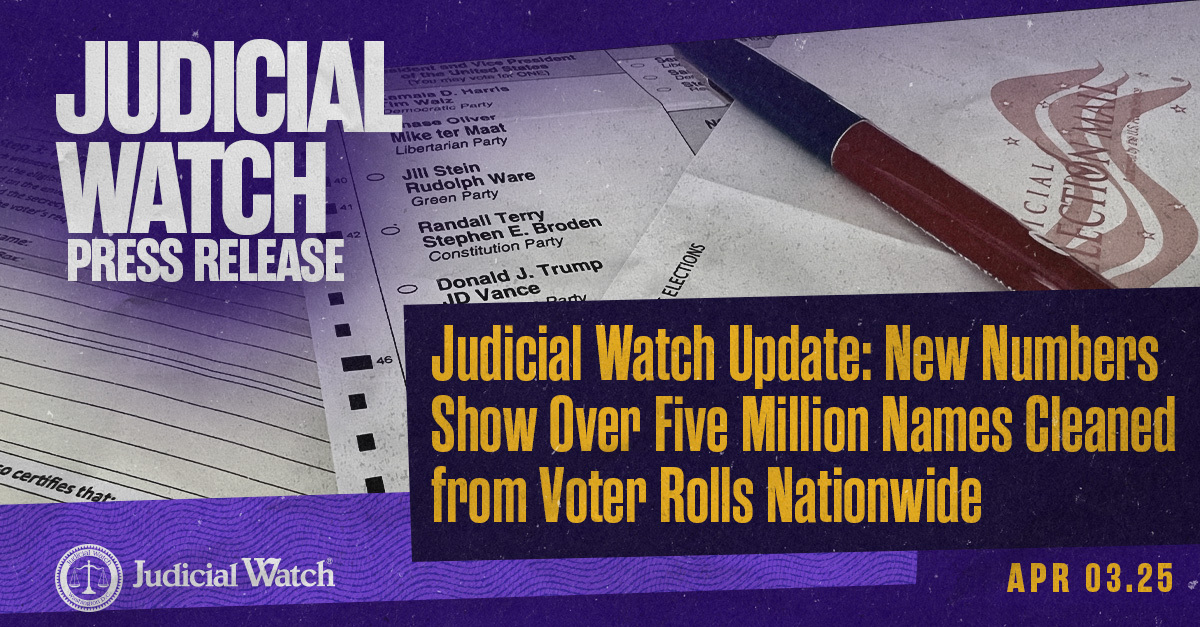
Big Time Politicians Also Got Special Loans
The Barack Obama advisor that abruptly quit this week because he got millions in highly questionable loans from a federally investigated institution is in good company because a series of high-profile politicians and presidential cabinet members have benefited from the same suspicious program.
It turns out that longtime Democratic Party power James Johnson, also a big time Obama fundraiser, is hardly the only Washington heavy hitter involved in the Countrywide loan fiasco that forced his resignation from the Illinois senator’s campaign just a few days ago. Johnson got at least five real estate loans—at rates below market averages—worth more than $7 million from Countrywide through his close friend, bank Chairman and Executive Officer Angelo Mozilo.
The undercover deals gave a corporate insider the type of perks that many, including Obama and numerous lawmakers, blame for infecting the economy and creating a home foreclosure crisis. This week a news publication revealed that U.S. senators and other high-level government officials have benefited from the same perk.
Among those who have used Countrywide’s so-called V.I.P discounted loan program are Connecticut Democrat Senator Christopher Dodd, who happens to be the chairman of the Banking Committee and North Dakota Democrat Kent Conrad, chairman of the Budget Committee. Dodd has also received $21,000 in campaign donations from Countrywide.
Other participants include George W. Bush’s Secretary of Housing and Urban Development, Alphonso Jackson, who resigned earlier this year amid a corruption scandal and Bill Clinton’s Secretary of Health and Human Services, Donna Shalala, who is currently the president of the University of Miami in Florida. Incidentally, Shalala is scheduled to receive a Presidential Medal of Freedom this month. Jimmy Carter’s assistant Secretary of State, Richard Holbrooke, also benefited from the loan program.
All of the well-connected officials received better deals than those available to ordinary borrowers, including lower rates and the waiving of underwriting, processing and document preparation fees. At the very least the loans raise ethical questions because the public officials were in a position to advance the bank’s interests.
Perhaps that is why federal employees are prohibited from receiving gifts obtained because of their official position, including loans on terms not available to the general public. Senate rules forbid members from taking gifts worth more than $100 a year from corporations like Countrywide that employ registered lobbyists.
The question now is when will Democrats, who promised to restore ethics in Washington when they took over Congress, launch an investigation into this widespread scandal?
















